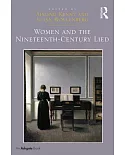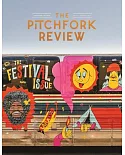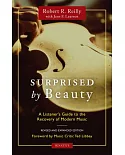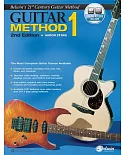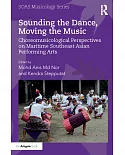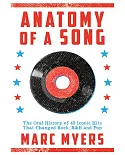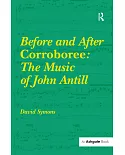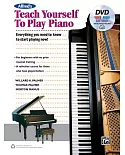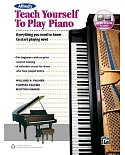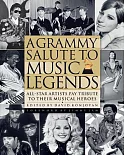"While the eyes may lead to the soul, the mouth exposes the vitality of the body. Examining the movements of the mouth, or what LaBelle terms "micro-oralities," Lexicon of the Mouth considers
the relation of voice and mouth, suggesting that the importance of voicing is inextricably bound to the exertions of the oral. Laughter, whispering, singing, burping and self-talk, among many
others, feature as choreographies by which to gauge the exchange of self and surrounding. LaBelle argues for a more attentiveview onto voice by expanding appreciation for how whistling links us
to animals, coughing ruptures all possibility for speech, and the inner voice, or "unvoice", operates as a shadow-body. Subsequently, assumptions around voice are unsettled, reminding
discourses surrounding the performativity of the body, and the politics of speech, of the acts of the tongue, the lips and the glottis as primary negotiations between interior and exterior"--


